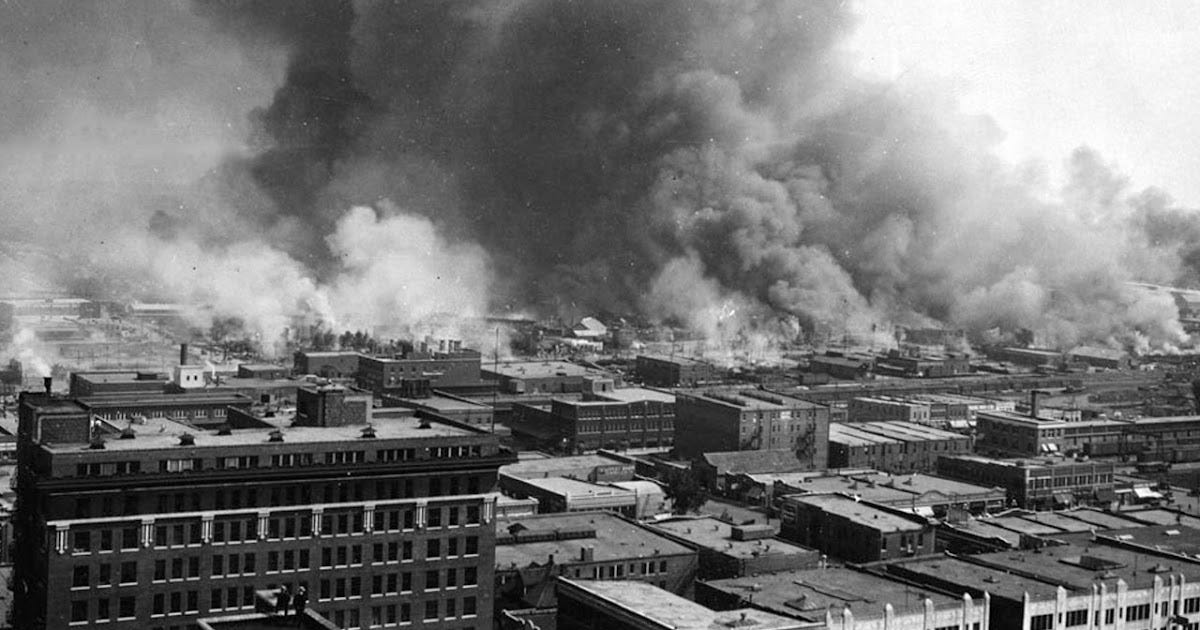A Past That Never Was
A first stab at a reply to Jonathan Haidt
I respect Jonathan Haidt a great deal, and I think he’s made serious contributions to our understanding of our society and our discourse. But wow, is this wrong:
Haidt uses the metaphor of the Tower of Babel to describe the way Americans have been split apart: We used to have unity, but not we have tribalization. This essay rings a bunch of alarm bells in my head, but here’s the claim that made me actually start squirming in my chair:
The most recent Edelman Trust Barometer (an international measure of citizens’ trust in government, business, media, and nongovernmental organizations) showed stable and competent autocracies (China and the United Arab Emirates) at the top of the list, while contentious democracies such as the United States, the United Kingdom, Spain, and South Korea scored near the bottom (albeit above Russia).
Here’s some footage from the stable and competent autocracy in China:
The stable and competent autocracy is currently beating animals to death in the street as a public health measure, and this is one of the less upsetting images I could find to depict it:


Clearly a high-trust society, as grateful citizens appreciate their stable and competent autocracy, spared from social division by a firm hand at the management of social media and public discourse.
But the giant problem running through Haidt’s depiction of today versus the past is that he gets the past incredibly wrong. We used to be united, not divided!
We used to share common goals, common identity, common beliefs — but then social media divided us. In this new essay, he tells “a story about the fragmentation of everything. It’s about the shattering of all that had seemed solid, the scattering of people who had been a community.“ In the past, “civilizations have relied on shared blood, gods, and enemies to counteract the tendency to split apart as they grow.”
Dear God no. A few very quick reminders from what could be a much longer list:
Three post-revolutionary tax rebellions
Slave revolts that were put down with the mass butchering of slaves
Bleeding Kansas, with a long list of amazing depredations
The mass slaughter in Colfax and Hamburg that helped to end Reconstruction
Massacres of native people at Sand Creek and Wounded Knee
The wholesale destruction of black communities in Rosewood and the Greenwood area in Tulsa
Labor war in the coalfields of Southern Colorado, with families burned to death in the Ludlow Massacre — followed by the Ten Days’ War, with miners killing scabs and mining company officials and destroying mines
All of which, by the way, leaves out the great big actual civil war right in the middle of the story, back before social media divided us as a people. The black neighborhood in Birmingham, Alabama was called Dynamite Hill — the place where four young girls were murdered in a church basement. But that was the old days before social media, back when we all used to be one united community.
To the extent that there’s ever been a golden age in American history, the last twenty years have been it. We’ve lived in a climate of historically extraordinary peace and prosperity — but people bitch about the government on social media, couldn’t you just die?
I agree with the premise that we’re working to destroy ourselves, but let’s start that discussion by abandoning the idea that a monolithic media culture — also a myth, by the way — used to allow us to have unity. Or take this paragraph from Haidt’s essay:
It was just this kind of twitchy and explosive spread of anger that James Madison had tried to protect us from as he was drafting the U.S. Constitution. The Framers of the Constitution were excellent social psychologists. They knew that democracy had an Achilles’ heel because it depended on the collective judgment of the people, and democratic communities are subject to “the turbulency and weakness of unruly passions.” The key to designing a sustainable republic, therefore, was to build in mechanisms to slow things down, cool passions, require compromise, and give leaders some insulation from the mania of the moment while still holding them accountable to the people periodically, on Election Day.
The founding generation was full of politicians who shot each other, or threatened to. Aaron Burr slowed things down and cooled Alexander Hamilton’s passions with a bullet. A great historian at Yale has made a whole career out of scholarship on congressional violence in the early republic:
There is no American past of social unity and cool passions. Start from there.






A closing thought, thirty seconds after hitting the "post" button: Have serious doubts about any essay that tries to pitch the premise of "stable and competent autocracy."
What's new isn't the social division, or the contempt of the elites for the poors. The novelty is more in the massive levels of delusion. People have believed absurdities in the past, but have we ever had a situation where the entire social order was defined by mandatory belief in a constantly evolving set of obviously and observably insane deceptions, which is neither internally consistent nor consistent across time - indeed in contradiction with the mandatory beliefs of the previous week?